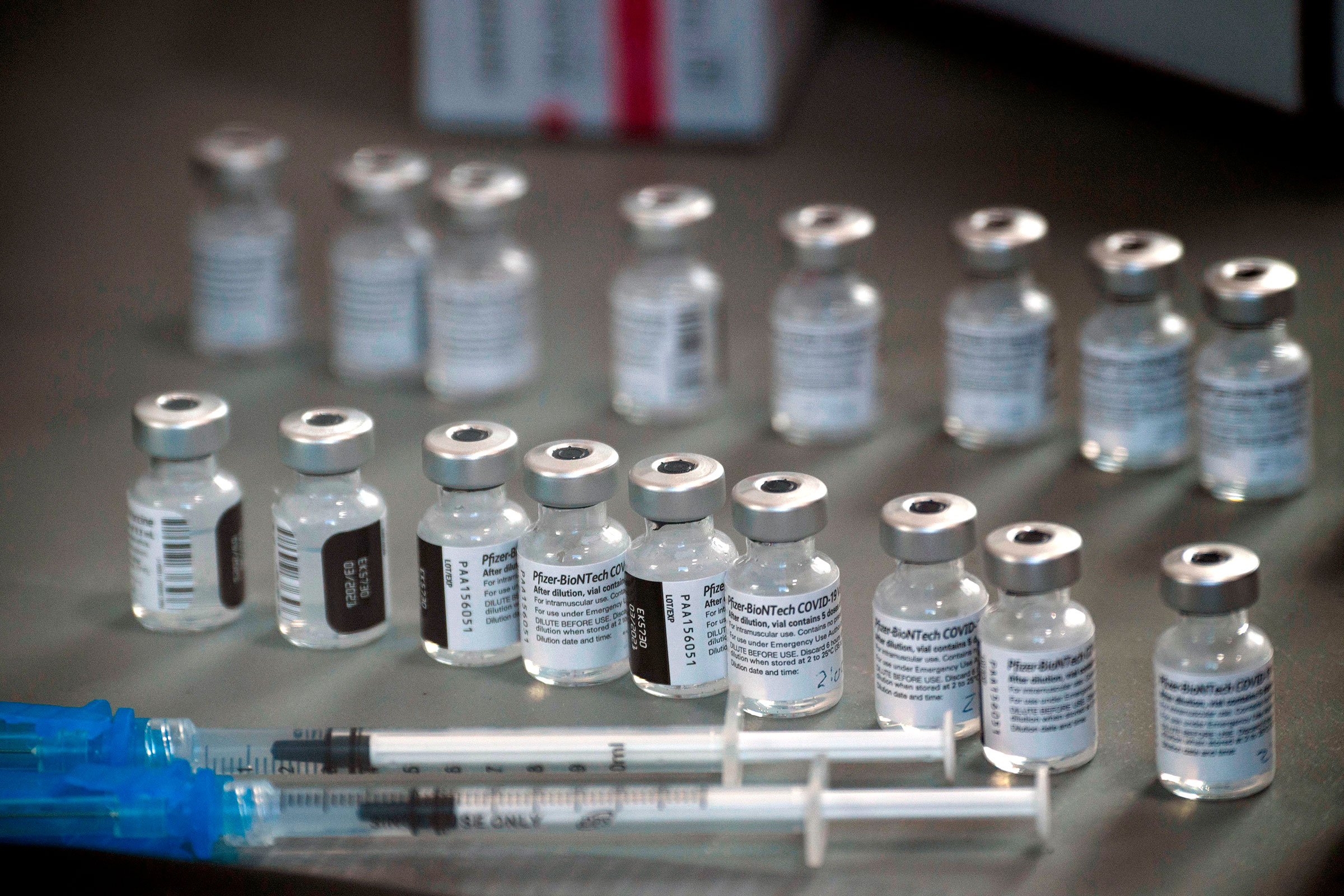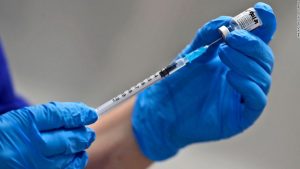The US Centers for Disease Control and Prevention issued new recommendations on getting a Covid-19 vaccine for those with a history of allergies.
The recommendations, published on the CDC’s site on Saturday, suggest that people who have ever had a severe allergic reaction, also known as anaphylaxis, to any ingredient in a Covid-19 vaccine should not get that vaccine.
The CDC considers a reaction severe if it requires the person to be treated with epinephrine or they need to be hospitalized. Symptoms of anaphylaxis can include shortness of breath, a closing of the throat, nausea, and dizziness.
The agency added that people with a history of anaphylaxis to other vaccines or injectable medications should consult their doctor on getting the Covid-19 vaccine.
In corresponding guidance issued to vaccine providers, the agency said the “CDC considers a history of severe allergic reaction such as anaphylaxis to any vaccine or to any injectable therapy (e.g., intramuscular, intravenous, or subcutaneous) as a precaution, but not contraindication, to vaccination.”
For people with a personal or family history of severe reactions unrelated to vaccines or injectable medicines, the CDC says, they may still get the Covid-19 vaccine. The agency added that individuals who have a history of allergies to any oral medications or people with milder reactions to vaccines may also still get vaccinated.
If an individual does experience anaphylaxis after their initial covid-19 shot, the CDC says they should not get the second shot.
More details: The agency recommends that vaccine providers monitor all people for 15 minutes after getting the vaccine; those with a history of severe allergic reactions should be monitored for 30 minutes. In the event that a reaction does occur, the CDC says all vaccine providers should have epinephrine, antihistamines, stethoscopes, blood pressure cuffs, and timing devices on hand to treat and monitor reactions.
They also note that reports of severe reactions need to be sent to the national Vaccine Adverse Reporting System.
On Saturday: During a CDC advisory committee meeting reviewing the use of Moderna’s Covid-19 vaccine, CDC’s Tom Clark said of the more than 272,001 doses of the Pfizer/BioNTech Covid-19 vaccine administered as of Saturday there have been six serious allergic reactions.



















